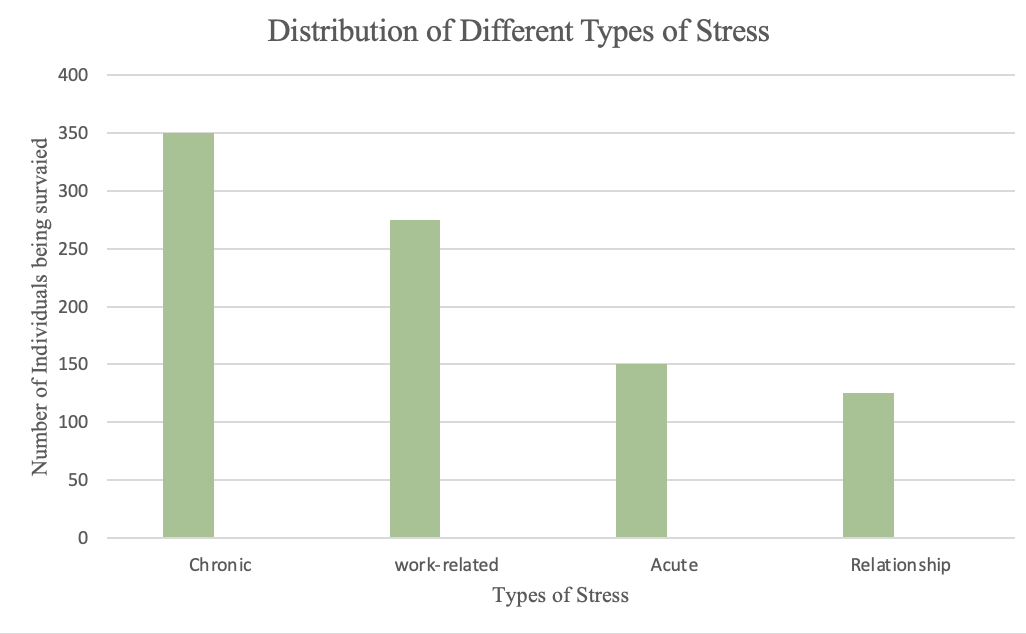Chemical additives in food safety and effectiveness is currently one of the most disputed issues in the field of science. Some argue that these additives are necessary to preserve food and enhance taste. Others are concerned about their potential health risks. This blog aims to explore both sides of the scientific discourse and offer insight into the reasoning behind each perspective.
One perspective of the debate supports the use of chemical additives in food. They argue that these additives are essential for preserving the freshness of food, preventing spoilage, and enhancing its taste and appearance. Additionally, they emphasize that numerous food additives have undergone rigorous safety evaluations and have been authorized by regulatory organizations such as the FDA.
Moreover, some argue that the amount of additives in food is relatively small and does not pose a significant health risk to the general population. They also argue that without these additives, food production would be less efficient and more costly, resulting in higher prices and less availability of food.
On the contrary, there are others who express worry about the safety and possible health hazards of chemical additives in food. They contend that certain additives may lead to adverse effects on human health, including but not limited to allergic reactions, hormone disruption, and an elevated risk of cancer.
Furthermore, some argue that the long-term effects of consuming these additives are not well understood, and that more research is needed to assess their safety. They also argue that the use of chemical additives in food is not necessary, and that natural preservatives and flavourings can be used instead.
In conclusion, the use of chemical additives in food is a controversial issue with valid arguments on both sides. While some argue that these additives are necessary for preserving food and enhancing its taste, others are concerned about their potential health risks. It is important for regulators, food producers, and consumers to carefully consider the evidence and arguments from both sides in order to make informed decisions about the safety and effectiveness of chemical additives in food.












